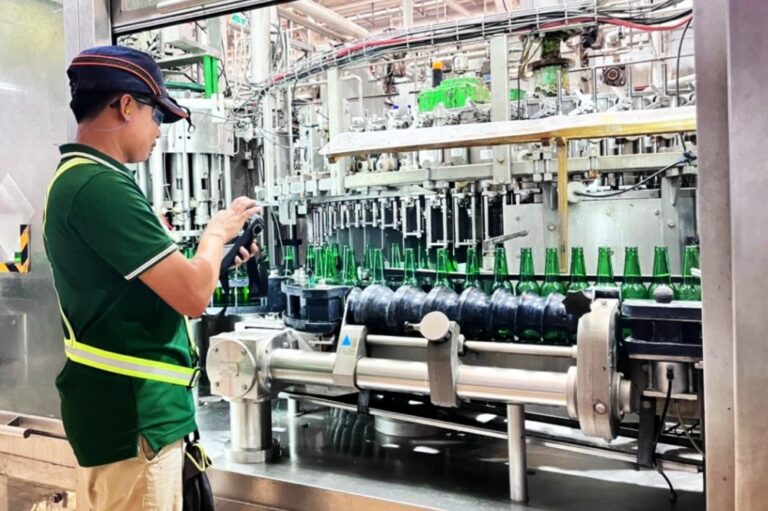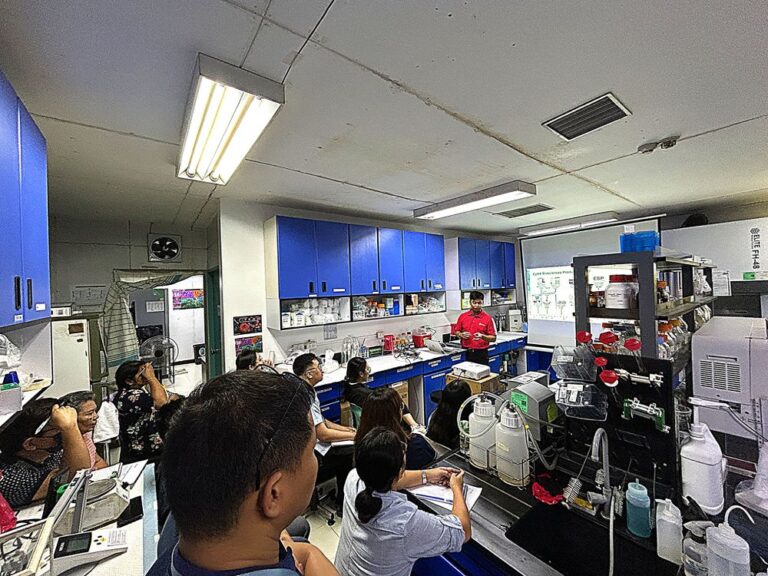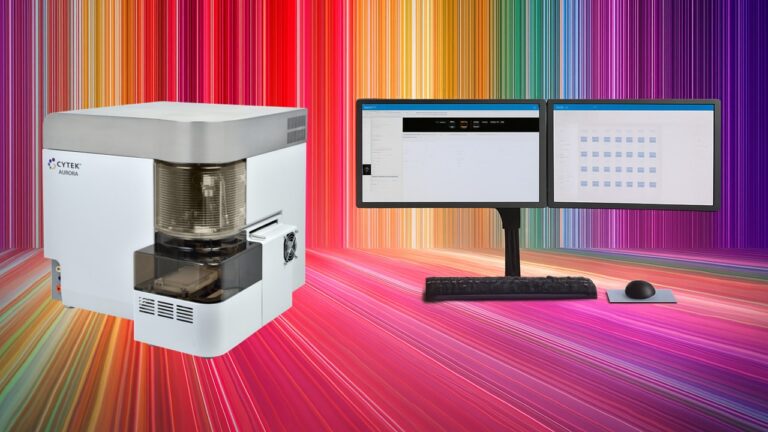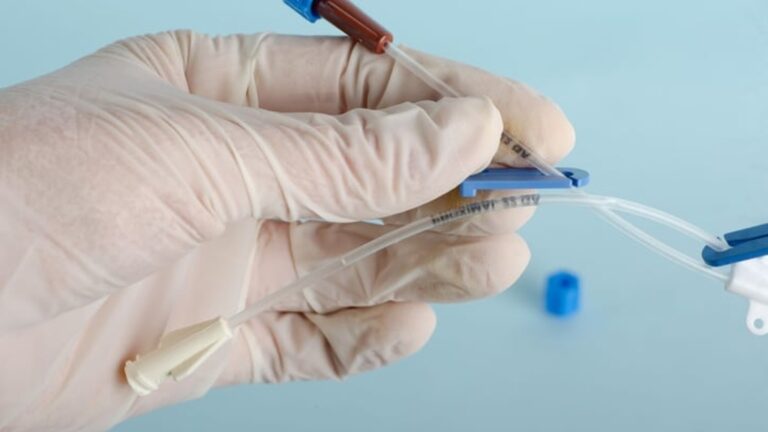Accelerating Lab Tool Demand in Southeast Asia

Asia remains a vital market for laboratory tools. Although the pandemic negatively affected sales by shutting down labs, it also benefitted certain parts of the market where demand for some research or clinical solutions skyrocketed. The laboratory tool market in Asia, excluding Japan and China, is expected to grow the fastest between 2021 and 2026.
Southeast Asia has been impacted by China’s COVID-19 lockdowns, limited imports and exports, reduce manufacturing and limited sales opportunities between China and other SEA markets.
The main impact of DKSH Technology business has been on sales and services in Shanghai, according to Hanno Elbraechter, Head, Business Unit Technology and Member of Executive Committee, DKSH Group. “However, with the additional support from our demonstration lab in Beijing, distribution center in Hong Kong and local branches in various locations, the impact to our business in other cities is contained.”
To reach DKSH customers and company staff during the pandemic-related shutdowns in China, the company has relied more on its online presence. “We also shifted in-person meetings to online and seminars to webinars to continuously educate customers on the latest applications and products,” noted Mr. Elbraechter.
Even before the latest lockdowns, this growing online presence has been one contributor to DKSH’s commitment to using more digital tools. “We leverage technologies to continuously engage our customers and enhance our customer satisfaction while in-person meetings are limited. We are also rolling out our LabShop, our eCommerce platform, and upgrading our service management tool to ServiceMax,” said Mr. Elbraechter.
Besides DKSH’s digital enhancements, the company’s lab instrument business has also expanded through new partnerships and expanded offerings of instruments, consumables, and reagents. In regard to consumables, DKSH recently announced partnerships with Corning Life Sciences covering eight countries, including six Southeast Asian nations. The company also recently partnered with lab plastics maker Wuxi NEST Biotechnology to serve seven markets, including five located in Southeast Asia. On the instrument side, agreements this year for Southeast Asian countries include Stilla Technologies, Waters’ TA Instruments, and Leica Microsystems.
In addition to new products, DKSH has also grown its analytical and life science instrument business through acquisitions of SPCR, a Thailand-based lab equipment distributor, in 2019, and South Korean instrument distributor Bosung Technologies last year. Also in the area of scientific instrumentation, the Business Unit Technology in March bought Singapore’s DNIV, a provider of semiconductors and electronics manufacturing equipment.
Beyond its digital presence and M&A, a diversity of markets has also been key to driving DKSH’s APAC growth, especially in Southeast Asia, such as the increase of electric vehicle- and battery-related related research, focus on cell and gene therapy, and the growth of food and beverage sector.
To serve customers and promote suppliers, DKSH also establishes local Centers of Excellence, which Mr. Elbraechter describes as “hub of knowledge, expertise, and capabilities to foster the collaboration between DKSH, academia, and industries.”
DKSH differentiates itself from competitors by offering its expertise in application development and after-sales services, talent recruitment, and opening of new demonstration labs.
This article is an excerpt from the original article published in Instrument Business Outlook (IBO).
Downloads:
Download to read more about DKSH’s instrument business in Southeast Asia




